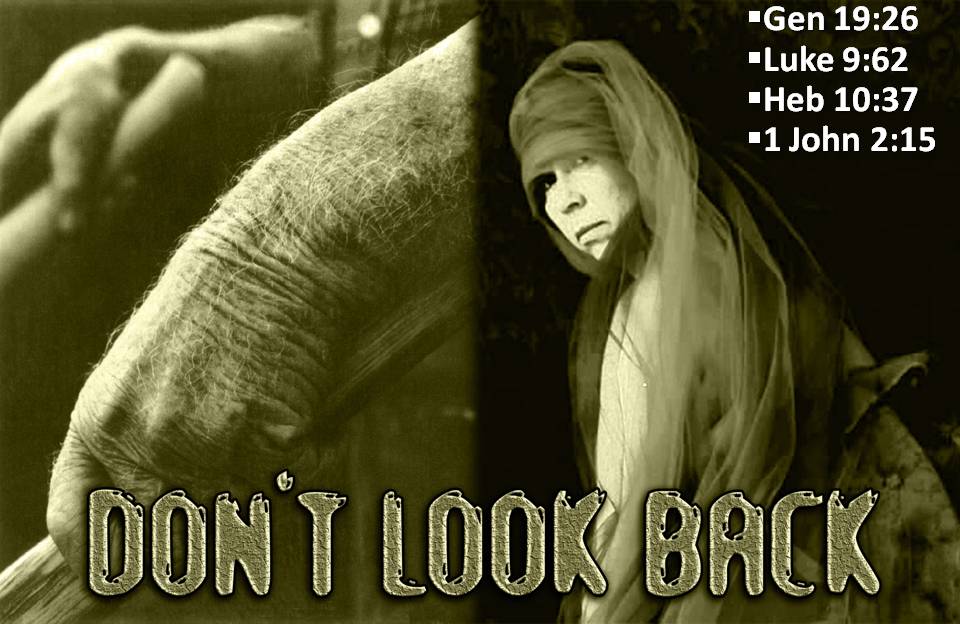 NYTimes | The State of Illinois is still paying off billions in bills that it got from schools and social service providers last year. Arizona recently stopped paying for certain organ transplants for people in its Medicaid program. States are releasing prisoners early, more to cut expenses than to reward good behavior. And in Newark, the city laid off 13 percent of its police officers last week.
NYTimes | The State of Illinois is still paying off billions in bills that it got from schools and social service providers last year. Arizona recently stopped paying for certain organ transplants for people in its Medicaid program. States are releasing prisoners early, more to cut expenses than to reward good behavior. And in Newark, the city laid off 13 percent of its police officers last week.While next year could be even worse, there are bigger, longer-term risks, financial analysts say. Their fear is that even when the economy recovers, the shortfalls will not disappear, because many state and local governments have so much debt — several trillion dollars’ worth, with much of it off the books and largely hidden from view — that it could overwhelm them in the next few years.
“It seems to me that crying wolf is probably a good thing to do at this point,” said Felix Rohatyn, the financier who helped save New York City from bankruptcy in the 1970s.
Some of the same people who warned of the looming subprime crisis two years ago are ringing alarm bells again. Their message: Not just small towns or dying Rust Belt cities, but also large states like Illinois and California are increasingly at risk.
Municipal bankruptcies or defaults have been extremely rare — no state has defaulted since the Great Depression, and only a handful of cities have declared bankruptcy or are considering doing so.
But the finances of some state and local governments are so distressed that some analysts say they are reminded of the run-up to the subprime mortgage meltdown or of the debt crisis hitting nations in Europe.
Analysts fear that at some point — no one knows when — investors could balk at lending to the weakest states, setting off a crisis that could spread to the stronger ones, much as the turmoil in Europe has spread from country to country.
Mr. Rohatyn warned that while municipal bankruptcies were rare, they appeared increasingly possible. And the imbalances are so large in some places that the federal government will probably have to step in at some point, he said, even if that seems unlikely in the current political climate.
“I don’t like to play the scared rabbit, but I just don’t see where the end of this is,” he added.


















